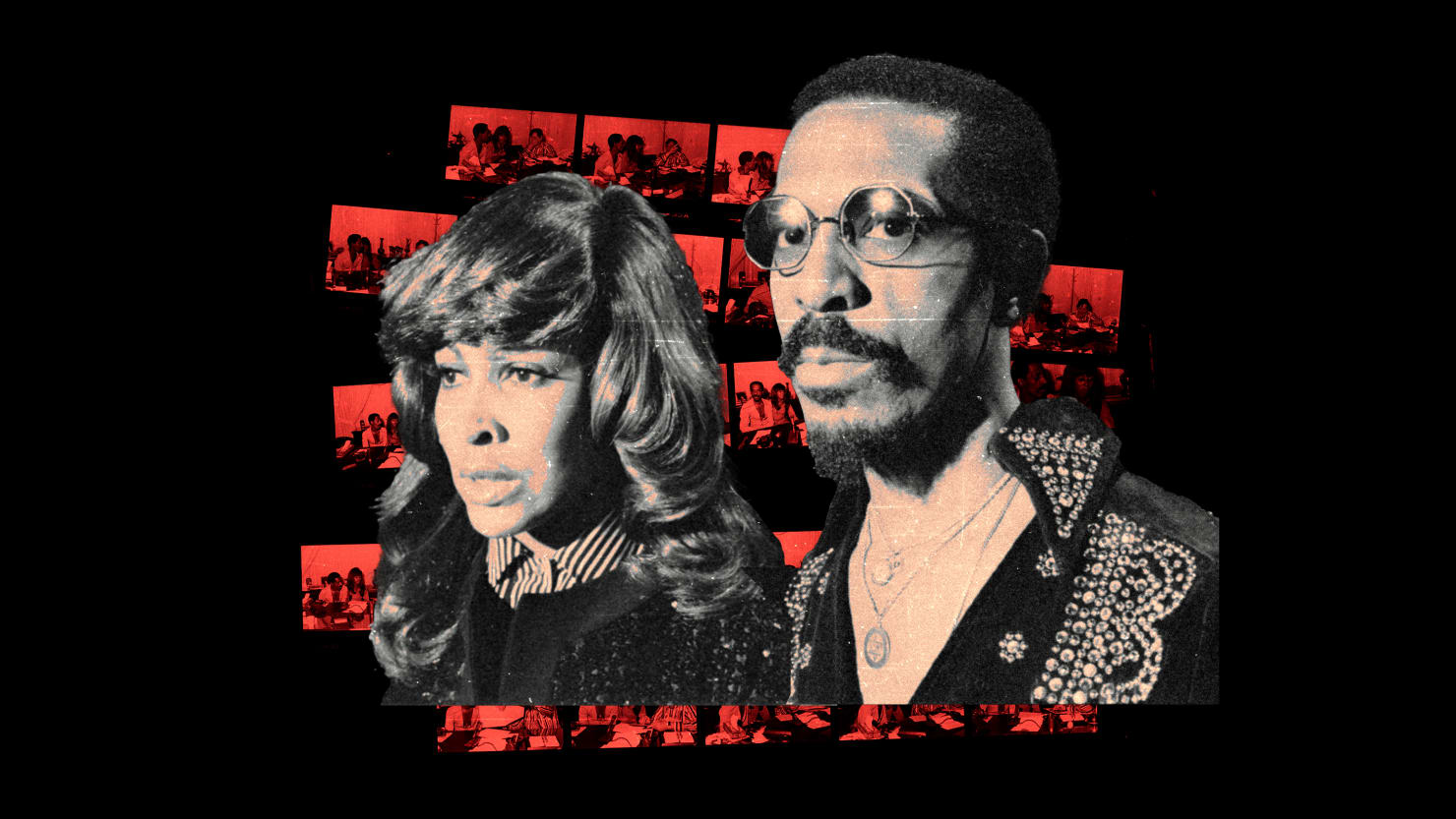Even before I was familiar with Tina Turner as the Queen of Rock ‘n’ Roll or could recite a single song lyric of hers, I somehow knew the most horrific, humiliating details about her life.
This isn’t a strange or unique introduction to a public figure, particularly a woman. As a recent string of documentaries illuminating toxic tabloid culture have shown us, a female celebrity’s personal afflictions can easily obfuscate their entire careers and negatively distort the public’s perception of them forever.
In the case of Turner, who died this week from an unknown illness, I would never view her solely as a survivor of her ex-husband and musical partner Ike Turner’s ruthless abuse. However, growing up, it always struck me how her infamously volatile marriage had consistently been relayed to me in the form of a punchline: If my middle-school (usually male) peers weren’t doing some comic reenactment of the domestic violence scenes in Turner’s 1993 biopic What’s Love Got to Do With It, they were touting her traumatic backstory for shock value.
Presumably, they just wanted me and others to know they had seen a very popular, “adult” movie. Looking back, I chalk up their mocking of Turner’s abuse to the morbid fascination you have as a kid when you’re exposed to dark, (hopefully) unfamiliar behavior. Maybe it was hard to understand that she was, in fact, a real person and not just a character (not that fictionalized abuse should be laughed at either). As much as What’s Love Got to Do With It is a truthful, empathetic (and Turner-approved) portrait of her life, it inadvertently sensationalized her suffering to insensitive audiences.
Unfortunately, I’ve watched Ike’s mistreatment of Turner be met with this same kind of amusement as an adult. Just last year, I saw a production of Tina, the singer’s biographical jukebox musical, in my hometown. While the entire show was pretty subpar, I found myself particularly annoyed during scenes where Ike’s character would berate and curse at Tina before eventually beating her. The depiction itself didn’t necessarily upset me. But the eerie amount of laughter these moments provoked from the audience left me with a disgusted, queasy feeling.
I wish I could write off the crowd’s chuckles as a sign of discomfort—and maybe a few of them were. Why would anyone pay money to see a tribute to Turner just to mock the part of her life that made her so sympathetic? However, I’ve seen too many examples of rappers, comedians, reality stars, and adults in my life—many of whom would all probably identify as fans of Turner—casually referring to her marriage as a joke or an outrageous anecdote to give the show’s audience the benefit of the doubt.
Since the announcement of Turner’s death on Wednesday, a video of the “Proud Mary” singer performing with Beyoncé at the 2008 Grammys has recirculated online and sparked further commentary on how Turner influenced elements of the younger star’s career. While watching the clip, I was instantly reminded of the controversial “eat the cake, Anna Mae” reference, rapped by Beyoncé’s husband Jay-Z, on their 2013 collaboration “Drunk in Love.”
Without shifting the blame entirely on Beyoncé—it is her husband’s lyric, after all—one of my grievances with the “Crazy in Love” singer over the years (and one of many points of confusion regarding her feminism) is that she would approve of such a disrespectful and humiliating lyric, particularly about a woman she frequently cites as a luminary. (Since Turner’s death, I’m not the only one to rehash this frustration.) Again, I partially credit the way What’s Love Got to Do With It—in which the “Anna Mae” line is uttered by Ike (Laurence Fishburne) before he shoves a cake in Turner’s (Angela Bassett) face—has inadvertently made Ike into a silly, cartoonish villain in viewers’ subconsciouses.
Beyoncé and Jay-Z are far from the only culprits in music or pop culture to reduce Turner’s experiences to a convenient metaphor, though. One of my favorite Drake songs, “Portland,” off his 2017 mixtape More Life, features Quavo rapping, “Ike Turner with the left hand/Griselda Blanco with the trap moves.” Less shockingly, on Chris Brown and Kevin McCall’s joint 2011 song “Deuces,” the latter artist sings the lyric, “It finally hit me/Like Tina did Ike in the limo, it finally hit me.” And on Biggie Smalls’ 1994 track “Machine Gun Funk,” he rhymes, “Suck a misdemeanor/Beatin’ motherfuckers like Ike beat Tina.”
Similarly aggravating was the viral emergence of Ike Turner memes in 2016; the image in question was actually of Fishburne portraying Ike in What’s Love Got to Do With It, giving a menacing stare that admittedly looks ridiculous while he’s donning a shiny, bowl-cut wig. Even so, it’s hard not to look at any rendering of Ike without instantly being reminded of his monstrous behavior, especially in that film, where he’s depicted as utterly frightening. It’s par for the course for the internet to mindlessly decontextualize any photo, video clip, or piece of public domain as long as it works as a joke, and this was certainly another irritating example.
After opening up about Ike’s abuse for the first time in a 1981 People interview, Turner was not shy about how her late ex-partner haunted her and left a permanent stain on what should’ve been a life filled with pleasure as a celebrated rockstar. The fact that she had to constantly relive her domestic abuse in the media is essentially the premise of her 2021 Max documentary Tina, which has been widely recommended and re-discussed on Twitter following her death.
While Turner spares artists like Jay-Z and Drake in the film, she’s aware of how much her pain has become a spectacle; one for others to thoughtlessly broadcast with any regard for her healing. Thinking of Megan Thee Stallion, who’s assailant Tory Lanez was found guilty for shooting her this past December, or Amber Heard, whose abuse claims against her ex-husband Johnny Depp have become cruel TikTok fodder, it’s hard to imagine these women ever escaping the sort of irreverent treatment Turner experienced as a public survivor.
While millions of people around the world will presumably spend the following days and weeks declaring their appreciation of Turner, it’s equally important to acknowledge how repeatedly wronged she was by the communities that claimed to love her. It’s one of the main contradictions of being a woman, and particularly a Black woman, in the spotlight. You can simultaneously be one of the most respected people in the world for your talent while also being the butt of relentless jokes.



